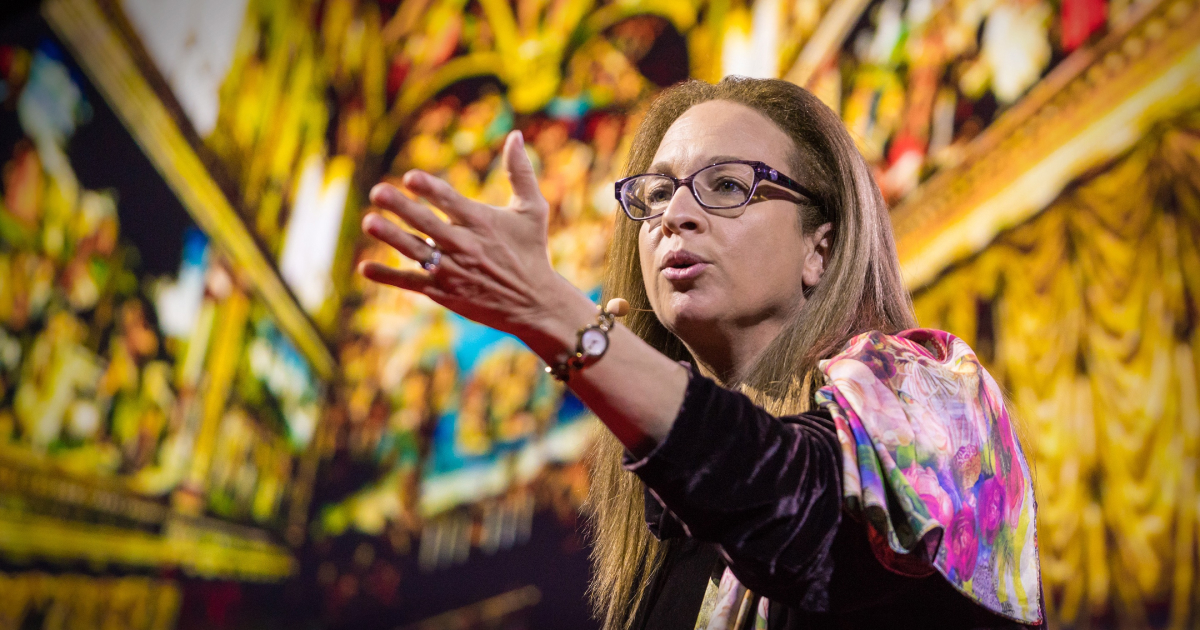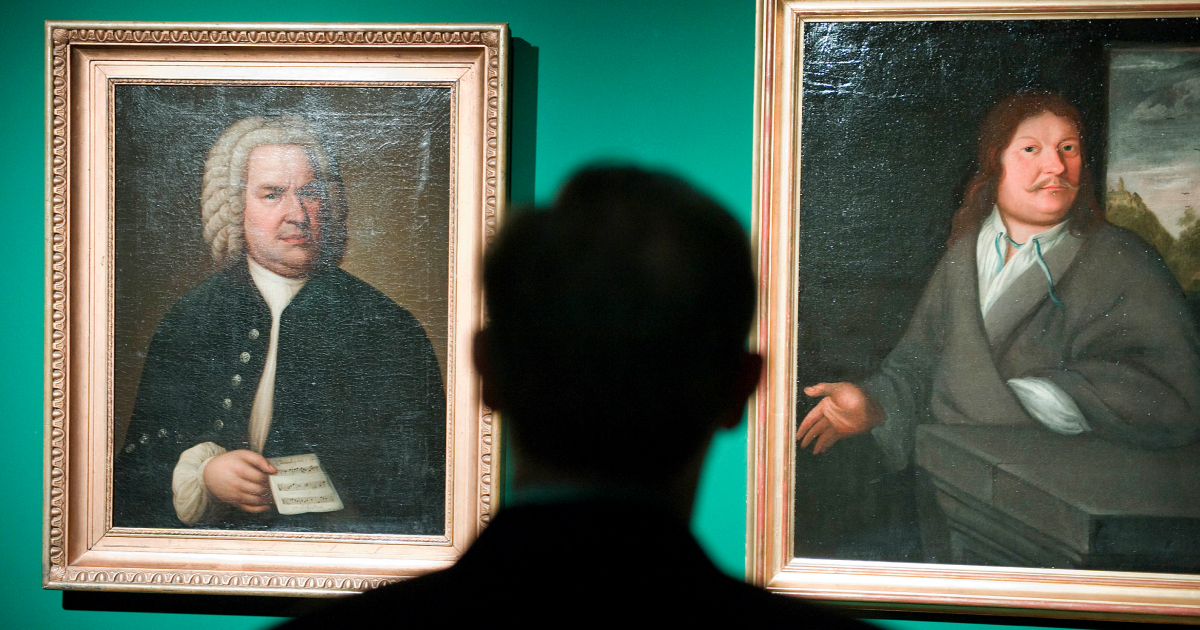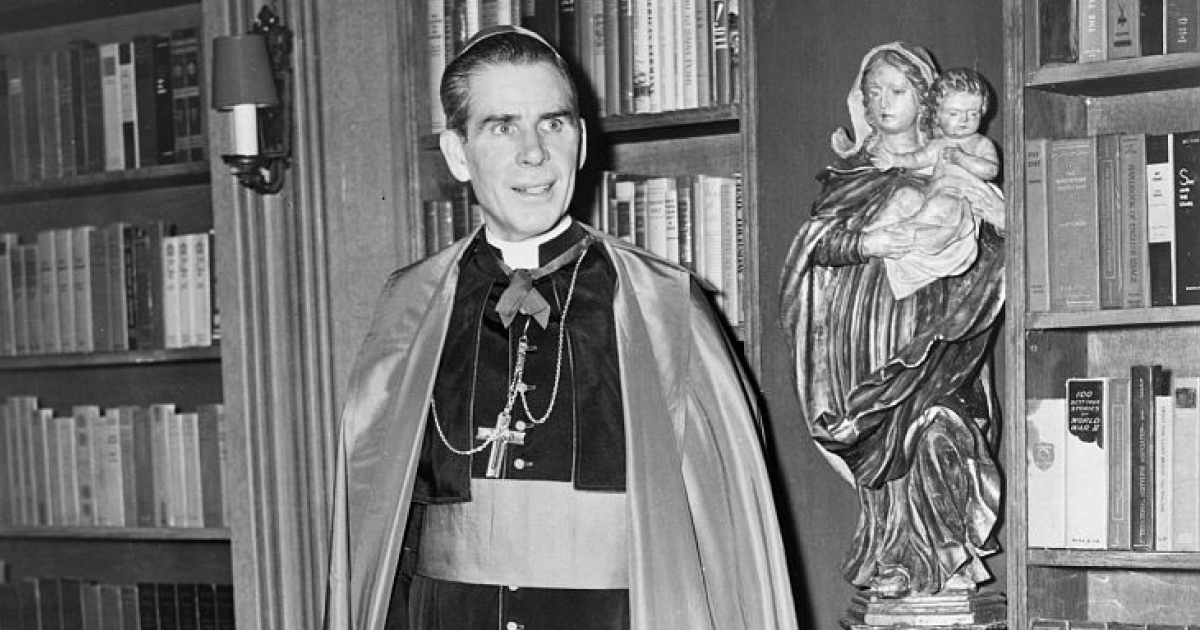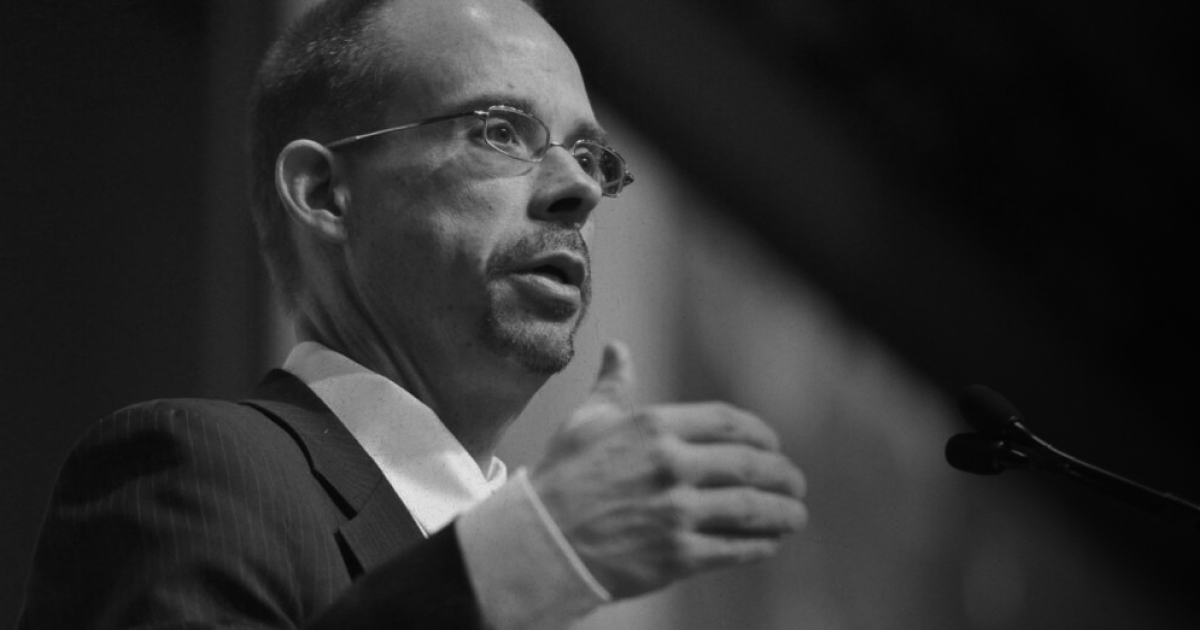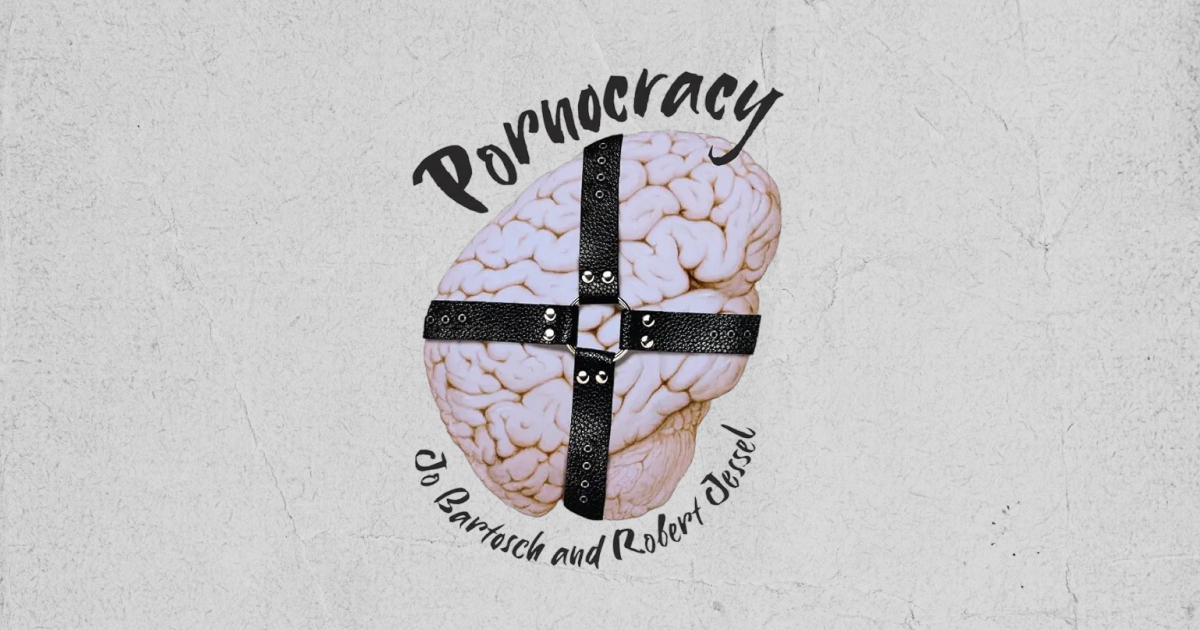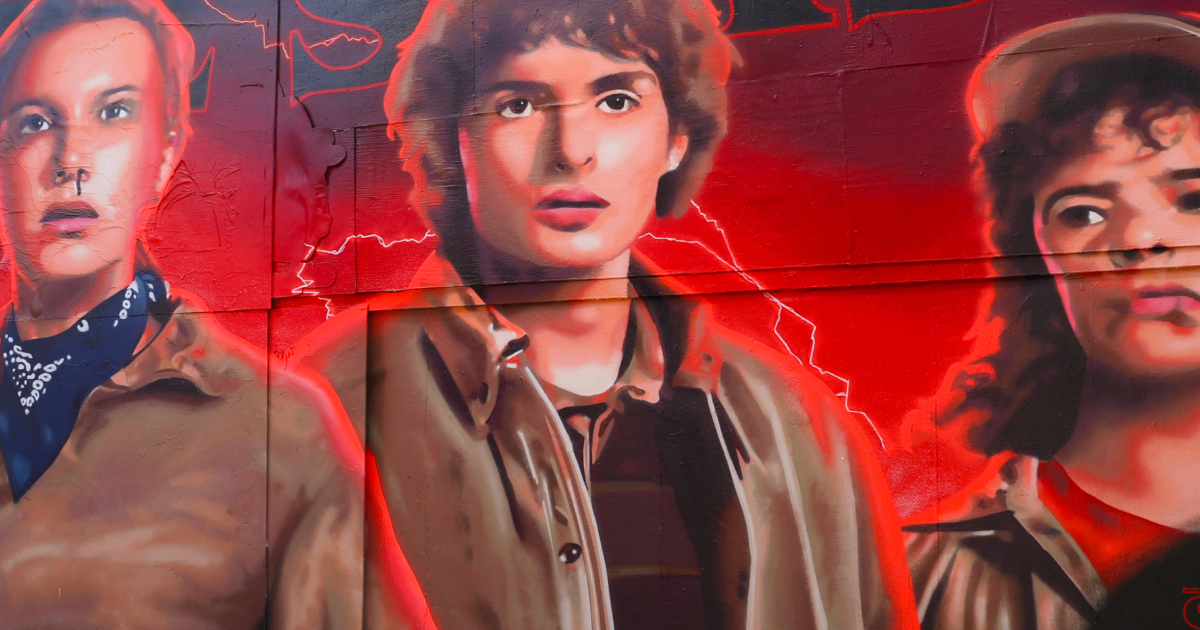Muslim scholars visiting the Vatican Apostolic Library are being accommodated with prayer spaces, its Vice Prefect has confirmed.
Fr Giacomo Cardinali, Vice Prefect, said in an interview with the Italian newspaper La Repubblica that Muslim academics had requested a small area in which to pray, and the library had agreed. “Some Muslim scholars have asked us for a room with a carpet for praying and we have given it to them,” he said.
The Vatican Library, founded in the mid-15th century and often regarded as the intellectual heart of the Catholic Church, houses a vast array of manuscripts and texts from across the world’s religions and cultures.
Fr Cardinali said its collections include “incredibly old Qurans” alongside Hebrew, Ethiopian, Arabic, and Chinese works. “We are a universal library,” he explained.
The Vice Prefect also drew attention to some of the more unusual items in the collection, such as what is believed to be the oldest medieval Japanese archive outside Japan. The archive was preserved thanks to a Salesian missionary, Father Mario Marega, who lived in Japan during the 1920s.
According to Fr Cardinali, the missionary discovered the documents when he noticed children playing with a ball of paper made from old manuscripts. Realising their significance, he rescued them from a ruined castle, thus saving them decades later from the devastation of the atomic bomb. “It was either a sensational stroke of luck or an inspiration from above,” Fr Cardinali said.
Today, the Vatican Library is estimated to contain some 80,000 manuscripts, 50,000 archival items, nearly two million printed books, and more than 100,000 engravings, prints, coins, and medals. New discoveries continue to emerge, including a rare manuscript of Spinoza’s Ethics unearthed in recent years.
The library’s vast digital catalogue has also opened its holdings to the wider public, though it has led to an influx of eccentric queries. “We receive the most absurd requests, especially from America,” Fr Cardinali said. “Do you have a time machine? And the menorah from the temple in Jerusalem that Titus took away? And the Holy Grail?”
He also reflected on the growing impact of artificial intelligence on scholarly work, suggesting that while technology may assist in cataloguing, it cannot replace human discernment. “The problem is the same as it was 500 years ago: cataloguing,” he said. “A computer may help, but I don’t know if a machine would recognise a forgery. Maybe yes, but it wouldn’t be able to reconstruct the complicated history.”
The Vatican Apostolic Library, located within Vatican City, traces its origins to Pope Nicholas V in 1451 and has since served as one of the world’s leading repositories of Christian and human knowledge. Its willingness to accommodate visiting scholars of all faiths reflects the institution’s continuing role as a centre of universal learning and cultural preservation.
(Photo by Rob Stothard/Getty Images)





.jpg)


